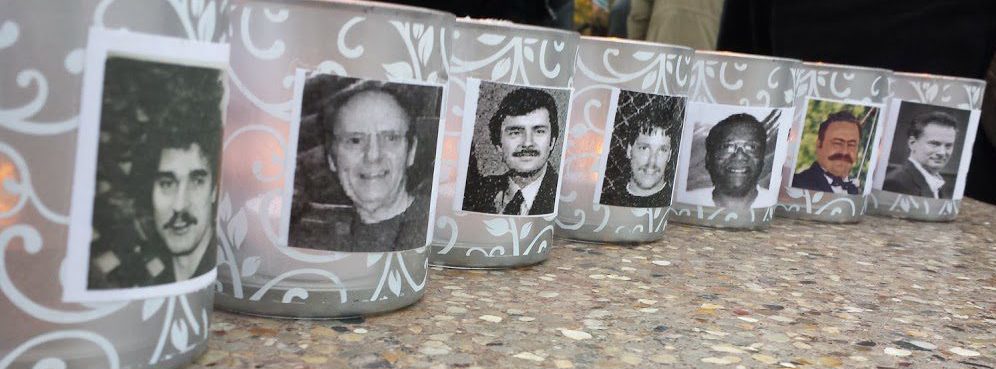I’d like to share a few thoughts about some of my dedicated friends; Rosemary and Pat Bonnett, Johnny and Linda Johnson, Chuck Brost, Jesse Hoffman and Eric Von Son for their enthusiastic efforts to assist me in helping those who’ve been wrongfully convicted. Their fervor to benefit those whose voices have been judged, criticized, condemned and ultimately silenced makes me proud to call them friends.
Last year, we all began to promote an organization known as The Innocence Project; a non-profit that represents the wrongfully convicted and helps alleviate the financial burdens they face. We combined talents to create a unique way of soliciting funds to further their mission. Our hope is for this event to become more popular over time and be a significant source of revenue to aid in freeing innocent victims.
The success of the Innocence Project is crucial because of the few and very humbling options these victims have which forces them to rely on the generosity of complete strangers. We must not forget that they have been unfairly criminalized as thugs, murderers and rapists who used to be more accurately seen as an integral part of civilized society-striving for the same amenities in life as all of us do. They were independent and responsible for their own lives. They lived and loved as we do before fate sent them down a much different path. To whatever end awaits them, achieving help from the often overstretched, under funded Projects takes a miracle.
Alas, in the wake of this dismal subject comes action and exciting details of an event we put together last year that we will repeat again this year. We’ve named it, Hotrod Breakout-a classic car show/benefit with proceeds going to the Innocence Project of Minnesota. We are currently getting ready to host our second annual to be held on Saturday, August 2, 2014 from 9 am to 2 pm. Last year we received many donated services and prizes, etc…but this year we are looking for sponsors to help cover costs that will give our event more exposure, make it much more enjoyable and attract even more attendees.
I will disclose more details soon but wanted to include in this piece, mention of the place hosting our event. Route 65 Classics in Ham Lake, Minnesota, “…is dedicated to the classic car and motorcycle enthusiasts looking for the car they “once had” or their dream car.” They answered our prayers last season by providing their location at no charge, and in addition, they made a large monetary donation to our cause. They’re providing the space again this year and have bridged connections to other businesses also willing to participate. We hope this event will be especially successful this year and that it will go down in history as the best car show ever…and one that will drive this wrongful conviction issue back into nonexistence!

